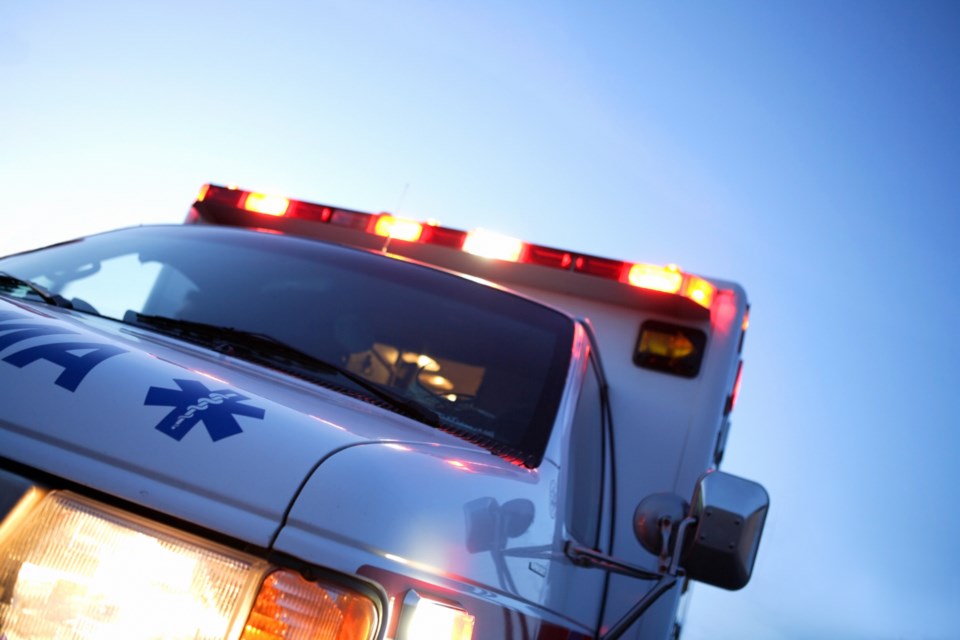HUMBOLDT — Derek Dagenais, supervisor and advanced care paramedic with Humboldt and District Ambulance, said he would like to thank emergency partners and bystanders after another holiday season where paramedics faced a high number of critical calls.
“The fire department and RCMP is vital to our paramedics doing our job, but that also goes to bystanders,” Dagenais said.
“Whether it’s being in a house when we arrive or the information they’ve given our paramedics while we’re accessing the patient and treating them appropriately. Or bystanders on outdoor scenes that can be vital to helping calling in motor vehicle collisions, giving proper directions.”
Historically, Dagenais said this spike in critical calls is a recurring issue.
“Holiday season actually always seems to bring some heavier calls for our guys and I think it just seems to be a little different when everybody should be happy and should be celebrating, then there’s some things going on in the background.”
While trauma calls like vehicle accidents aren’t out of the ordinary, Dagenais said commonly it’s medical, such as strokes or heart attacks. While no one in the emergency services knows precisely why the holidays bring this change, several attributes he said may lead to the increase include people travelling who normally wouldn’t, increased physical activity, and alcohol.
“We’re in cold weather, so it could be someone shovelling snow, or doing extra work or activities that can increase the chance or likelihood of these situations. It could just be the fact of the time of year they’re getting together. Even excess alcohol and those types of things can add to these situations.”
Dagenais said some useful information to know is the signs and symptoms of a stroke or heart attack, when to call 9-1-1, and when it’s important to get help for people.
Symptoms of a stroke include sudden numbness or weakness in the face, arm, or leg, especially on one side of the body; sudden confusion, trouble speaking, or difficulty understanding speech; sudden trouble seeing in one or both eyes; sudden trouble walking, dizziness, loss of balance, or lack of coordination; and sudden severe headache with no known cause.
Symptoms of a heart attack include chest pain or discomfort; feeling weak, light-headed, or faint; cold sweat; pain or discomfort in the jaw, neck, or back; pain or discomfort in one or both arms or shoulders; and shortness of breath.
If anyone has any of the symptoms, they’re urged to call 9-1-1 immediately.
“Sometimes people wait longer than they should. They’re worried about bothering people in the medical system or they’re worried about calling 9-1-1 during the time of day. That should never matter. There’s no situation that should be thought of or be considered a bother or inconvenience.”




